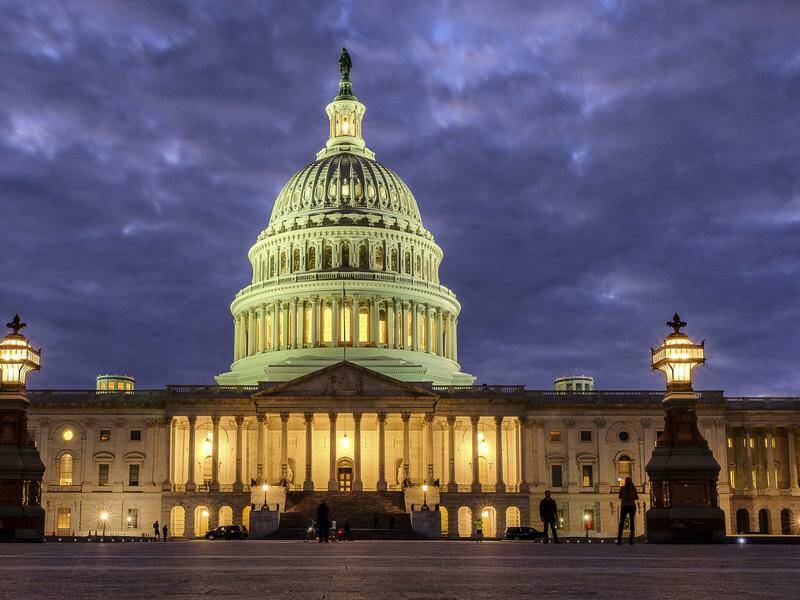
As the clock ticks down to the start of the 2026 fiscal year, the United States government faces the possibility of a shutdown due to a lack of agreement on funding legislation. If lawmakers do not reach a consensus by the end of September 30, 2023, many government services will be disrupted, affecting millions of Americans.
The ongoing standoff between the Republicans and Democrats has intensified in recent days, with both parties presenting contrasting priorities. The House of Representatives, controlled by the Republicans, has proposed a series of budget cuts that Democrats argue would undermine essential public services. In response, the Senate is pushing for a more comprehensive funding package that maintains current spending levels.
Amid this political impasse, key leaders are making urgent appeals for compromise. President Joe Biden has emphasized the need to avoid a shutdown, stating that it would “hurt working families and disrupt critical services.” His administration has urged Congress to pass a clean funding bill that would keep the government operating without contentious amendments.
Negotiations Intensify as Deadline Approaches
The House is currently considering a short-term funding measure that would extend government funding for a few weeks while negotiations continue. This approach, however, faces opposition from a faction of House Republicans who demand deeper cuts to domestic programs. They argue that fiscal responsibility is crucial, particularly in light of the nation’s growing debt.
In the Senate, the outlook appears more favorable for bipartisan cooperation. Senate Majority Leader Chuck Schumer has indicated a willingness to work with Republicans to find a middle ground. “We need to come together and prevent a government shutdown,” Schumer stated during a recent press conference. “The American people deserve better than this political brinkmanship.”
With both parties entrenched in their positions, the next few days will be critical. If a compromise cannot be reached, federal agencies will begin to close, and more than 800,000 federal employees could be furloughed without pay. This would not only impact government workers but also disrupt services like national parks, public transportation, and federal assistance programs.
Potential Economic Impact of a Shutdown
The implications of a government shutdown extend beyond federal operations. Economists warn that halting government services could have a ripple effect on the economy. According to the Congressional Budget Office, previous shutdowns have cost the economy billions of dollars in lost productivity and consumer spending.
Moreover, businesses that rely on federal contracts may face uncertainty, potentially leading to layoffs and reduced economic activity. The uncertainty surrounding government funding could also affect financial markets, as investors react to the political stalemate.
In light of these potential consequences, many are calling for urgent action from Congress. The coming days will be pivotal as lawmakers work to avert a shutdown and address the broader fiscal challenges facing the nation. As negotiations continue, the focus remains on achieving a resolution that safeguards essential government functions and protects the interests of the American public.





